We are witnessing a transformational change in the logistics industry, with cognitive technologies like AI/ML, AR/VR, and cloud computing being introduced. In fact, the global market size of cloud logistics is expected to grow at a CAGR of 13.3% from 2023 to 2030, which was valued at $17.31 billion in 2022. The reason why cloud technology has received a lot of attention in recent years in logistics is because it drives speed, agility, scalability, and visibility, thereby driving the market.Moreover, this technological evolution has enabled the logistics industry to streamline processes, access and analyze real-time information, and handle fast-paced demands. Simultaneously, it has improved responsiveness and managed disruptions in the supply chain, ensuring cost savings in physical product and service flows and driving better ROI.Let’s see how reconstructing the supply chain into digital networks with seamless physical product and service flow integration can ensure efficient, scalable, and cost-effective solutions.
Why Should the Logistics Industry Use Cloud-Based Solutions?
Cost-savings are one of the primary reasons why companies want to adopt cloud computing solutions. But how exactly can the cloud achieve this? As the cloud helps companies quickly adjust computing resources, it reduces the time and cost to develop and deploy new applications.But it is just the beginning. Cloud computing can enable businesses to make faster and more informed decisions. It enables agile, real-time communication and collaboration across logistics operations. Hence, this results in higher efficiency in predicting risks and adapting to market changes.
How Does Cloud Computing Ensure Better ROI in Logistics?
Automation
Using cloud-based logistics software for product tracking, monitoring logistics operations, and optimizing transport routes simplifies the management of logistics tasks. Automating inventory, maintenance, and other logistics processes further streamlines operations for increased efficiency and profitability.
Scalability
One of the crucial advantages of cloud computing in logistics is scalability. Cloud logistics software can scale operations and resources up or down based on demand. This helps save costs that would otherwise be idle or wasted during low-demand periods. In an industry where demand fluctuates rapidly between peak and off-peak seasons, cloud computing is especially beneficial for logistics service providers.
Cost Management
Cloud-based logistics software eliminates the need to purchase hardware and build IT infrastructure while providing crucial benefits. This reduces the cost of maintaining expensive hardware, while planning and executing shipments, as well as handling ancillary functions like freight pay and audit, occur more efficiently—saving on fuel, labor, and operational costs.
Better Data Mobility
Effective logistics operation management requires better handling of real-time data gathered from multiple sources and departments, which takes up a significant amount of the investment. Cloud computing in logistics improves data mobility across the various divisions of logistics for open and seamless collaboration that impacts efficiency, productivity, and, ultimately— ROI.
Improved Collaboration and Communication
Cloud-based logistics software creates a truly collaborative user community, where employees living at different locations and users can communicate with each other effectively. Hence, employees can access data and utilize it efficiently, allowing them to work together and stay informed while taking charge of their tasks better.
Enhanced Productivity and Efficiency
With automation and enhanced collaboration being the benefits of cloud logistics software, operational productivity and efficiency are increased. Since data is accurate, organized, and integrated into the cloud, employees can easily share information, leading to efficient processes and increased return on investment for companies.
Real-Time Tracking and Visibility
As businesses deal with a vast amount of data, cloud computing improves decision-making by providing visibility into the supply chain through real-time tracking. Hence, employees can decide better where to allocate their resources, improving overall performance and, thus, the ROI.
Disaster Recovery and Management
Cloud computing in logistics offers a range of disaster recovery options, enabling firms to swiftly rebound from unforeseen events like system failures, natural calamities, and tragedies. Hence, companies can ensure resilience and business continuity in their logistics operations during challenging situations.
Improved Time to Value
Cloud computing in logistics can improve 'time to value' (TTV) for companies involved in mergers and acquisitions, enabling faster returns on investments. Cloud-based logistics solutions accelerate onboarding processes, shorten TTV, and boost ROI by allowing quick, cost-effective sharing of data and applications across devices and locations.With such benefits leading to positive customer and employee experiences, cloud-native applications are important for enterprises across various sectors, whether in logistics, retail, BFSI, or others.
Use Cases of Cloud-based Logistics
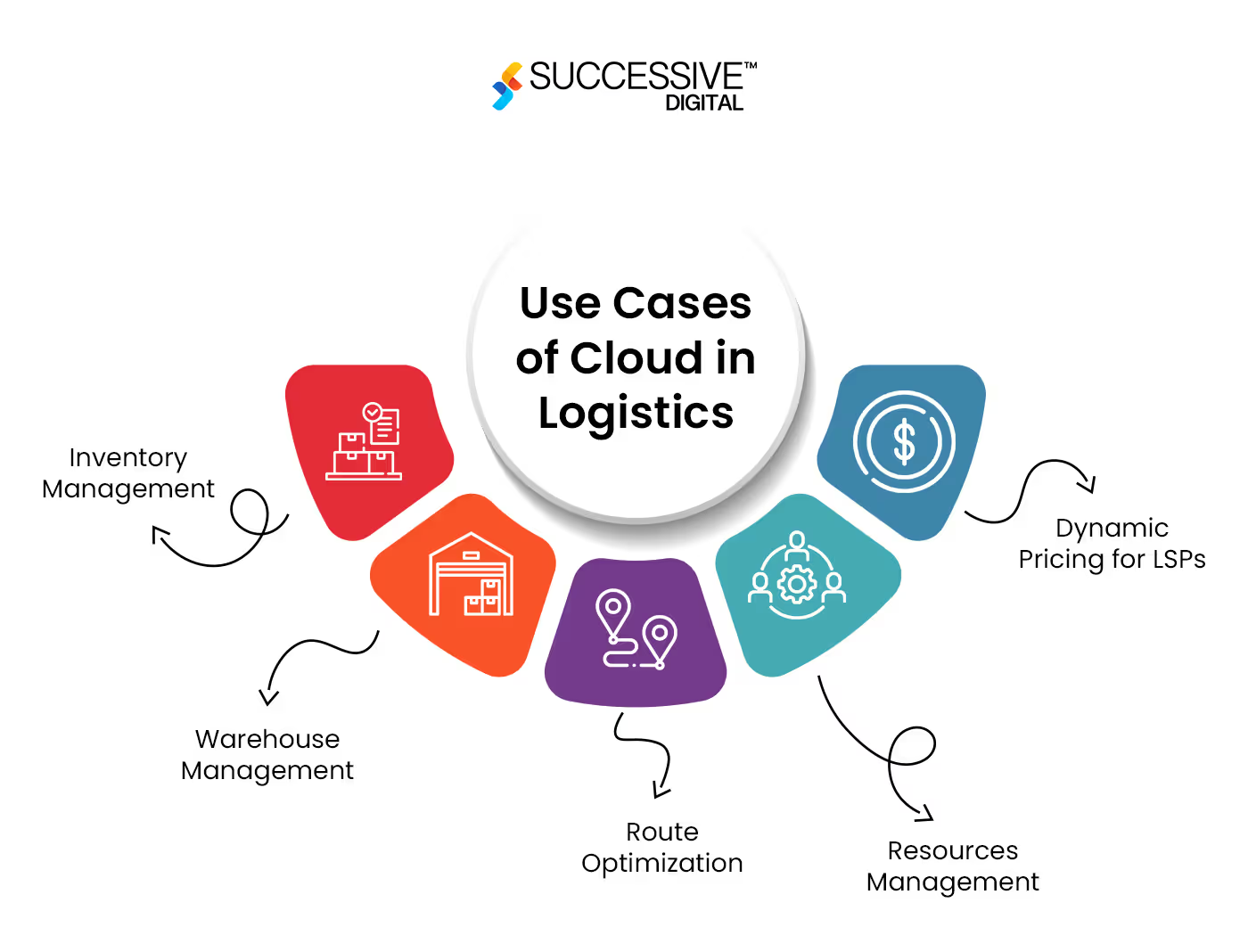
Inventory Management
A cloud-based inventory management software enables logistics companies to access their on-hand inventory numbers and information with real-time updates. It maintains the constant flow of inventory data with detailed specifications like profit margins and top-selling figures, which significantly impact revenues.
Warehouse Management
With the implementation of cloud computing in logistics warehouses, stock storage, labor and resources management, order fulfillment, and shipping have become easy. Hence, it supports logistics companies in managing their operations efficiently. Also, businesses can control costs by calculating the precise amount of materials they must keep on hand.
Route Optimization
Cloud logistics software can help companies find the best possible transportation route. Thus, it is effectively used in transportation management solutions (TMS) and other facets of transportation management, reducing delivery times, lowering fuel costs, and ensuring the order arrives on time without wasting many resources.
Resources Management
It is easier to manage resources and ensure nothing gets to waste through cloud-based logistics software. As all communication takes place in real-time, it is easy to track vehicles, packaging, and shipments, identifying problems in real-time.
Dynamic Pricing for LSPs
In a space where prices are adjusted based on real-time demand and supply conditions, dynamic pricing (also known as surge or demand pricing) is crucial to setting flexible pricing. It is one of the key components that affect the profitability of Logistics Service Providers (LSPs). Cloud technologies can enrich historical internal data with external data, using ML models to drive granular insights. It generates better market views that improve decision-making in driving revenue growth and profitability, making it extremely useful for dynamic pricing.
The Future of Cloud Computing in Logistics
The logistics industry shows promising market growth for cloud technology implementation in the coming years. Driving by factors like digital transformation, scalability, and cost reduction, more and more companies are expected to adopt cloud technology.Moreover, with intelligent techs like AI, ML, and big data becoming more prevalent, logistics operations will continue to heighten as ever. Simultaneously, with these advancements, we will witness cloud computing address global supply chain challenges in logistics, reduce risks, and build resilience. In the coming years, Amazon Web Services (AWS), Microsoft Azure, Google Cloud Platform (GCP), and IBM Cloud will remain the major key players in the cloud logistics market.
Why Choose Successive Digital as Your Cloud Consulting Service Provider?
When choosing a suitable cloud technology partner for your logistics business, one of the crucial aspects to consider is security and compliance handling. Another important factor is the reputation and trustworthiness of the company, which ensures it can support your business now and in the future. Successive Digital, an ISO 27001 and SOC2-certified company with over a decade of experience, can be your trusted cloud consulting service provider. As an AWS advanced consulting partner, we enable your logistics business to leverage cloud-based logistics software and solutions to drive revenue and lucrative advantages.
Conclusion
In conclusion, cloud computing has a vast potential to improve logistics business processes through route optimization, better communication among stakeholders, cost reduction, and streamlined operations that enhance customer service. However, the three primary factors that emphasize the role of cloud computing in logistics are real-time visibility, collaboration, and data-driven analytics. Therefore, logistics organizations are increasingly migrating to cloud-based logistics software to conduct their business operations seamlessly. If you are looking for cloud solutions, we are the one-stop destination for all your needs—be it implementing ML algorithms predicting demand based on information collected, processing data centrally for better decision-making, or managing supply chain operations efficiently through real-time monitoring. We help you grow your businesses and drive revenue with better scalability, enhanced security, and cost-effectiveness through leading cloud-based logistics software. Contact us to stay ahead of the competition and increase your ROI with cloud solutions tailored to your needs.
.avif)
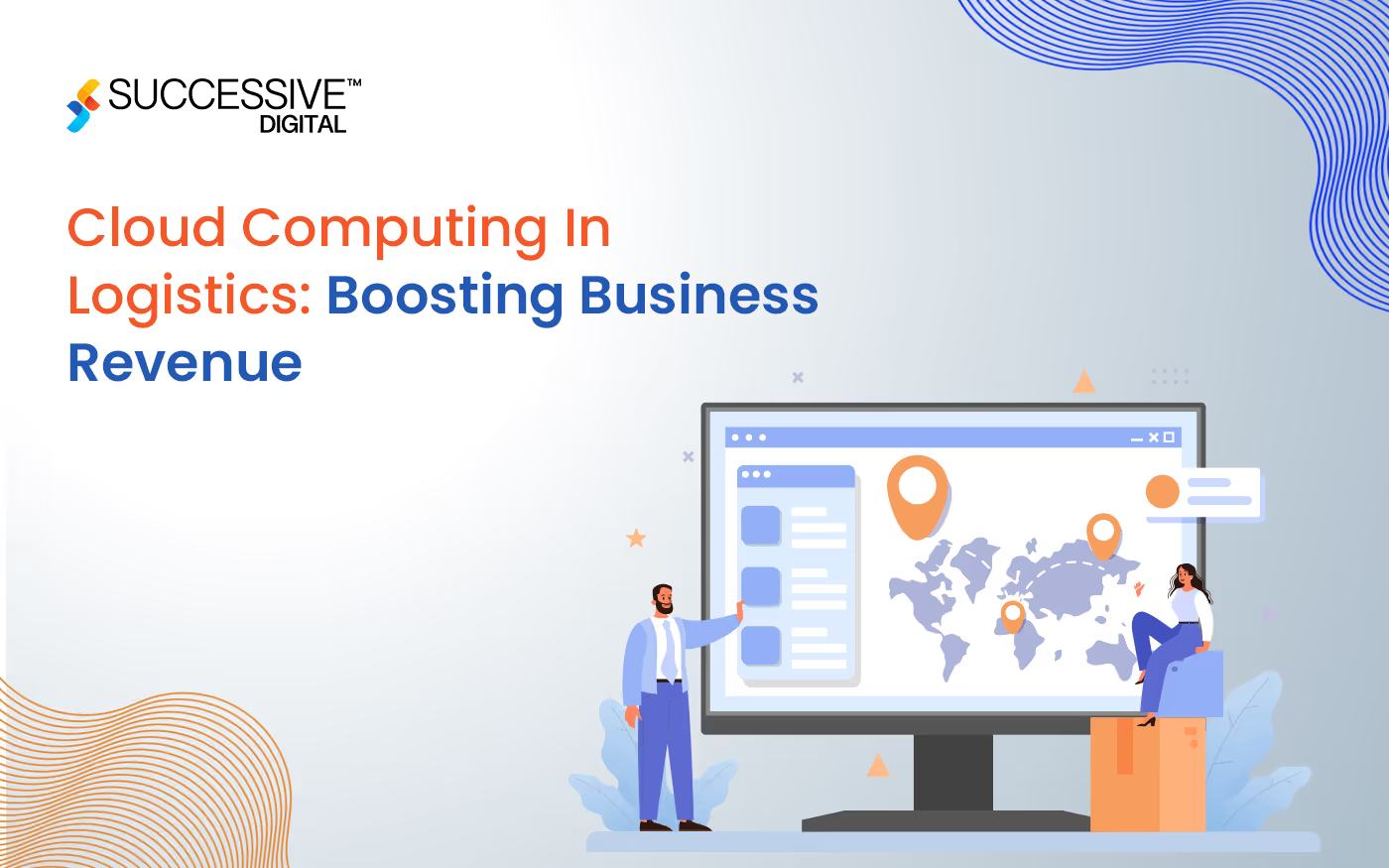
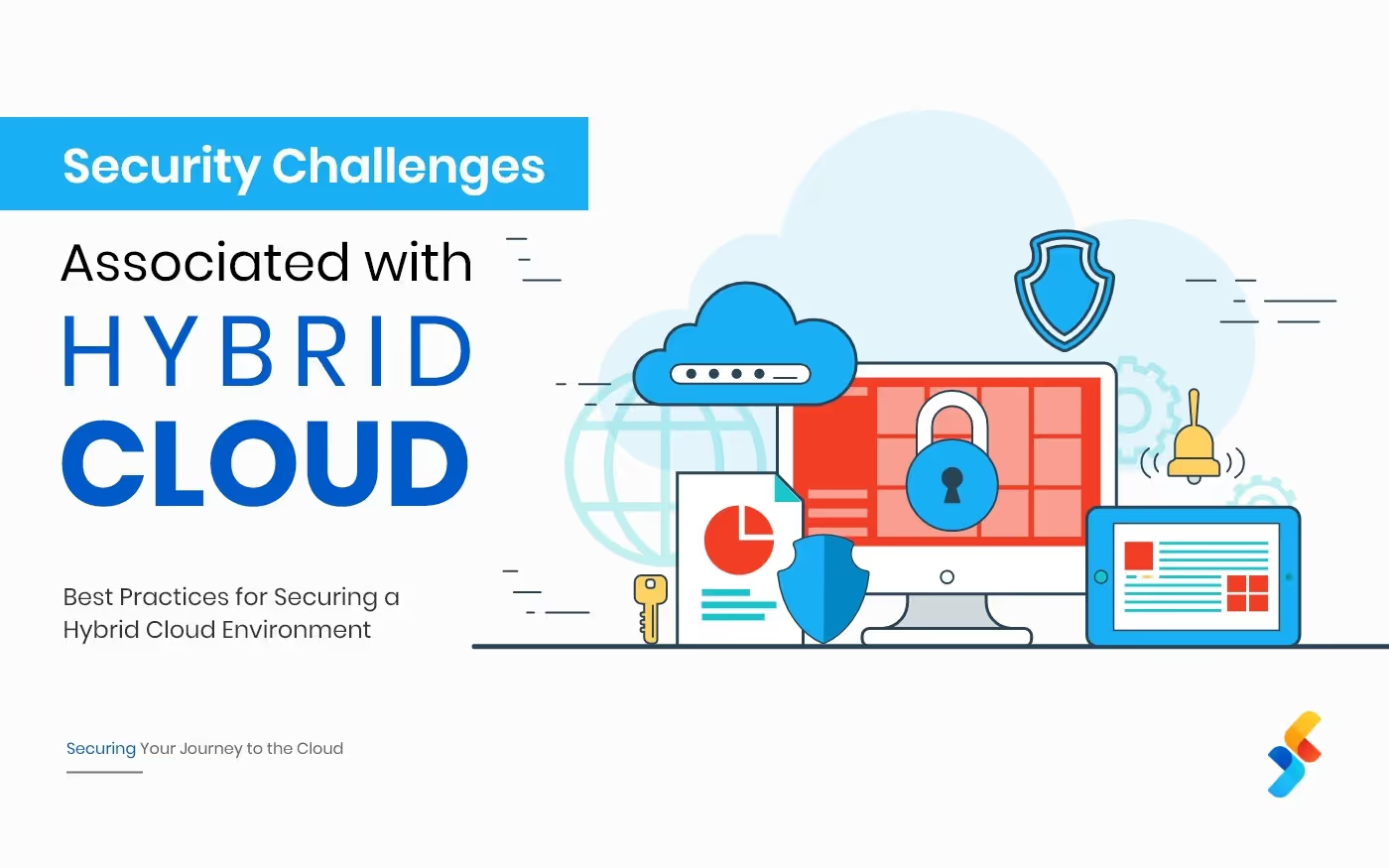

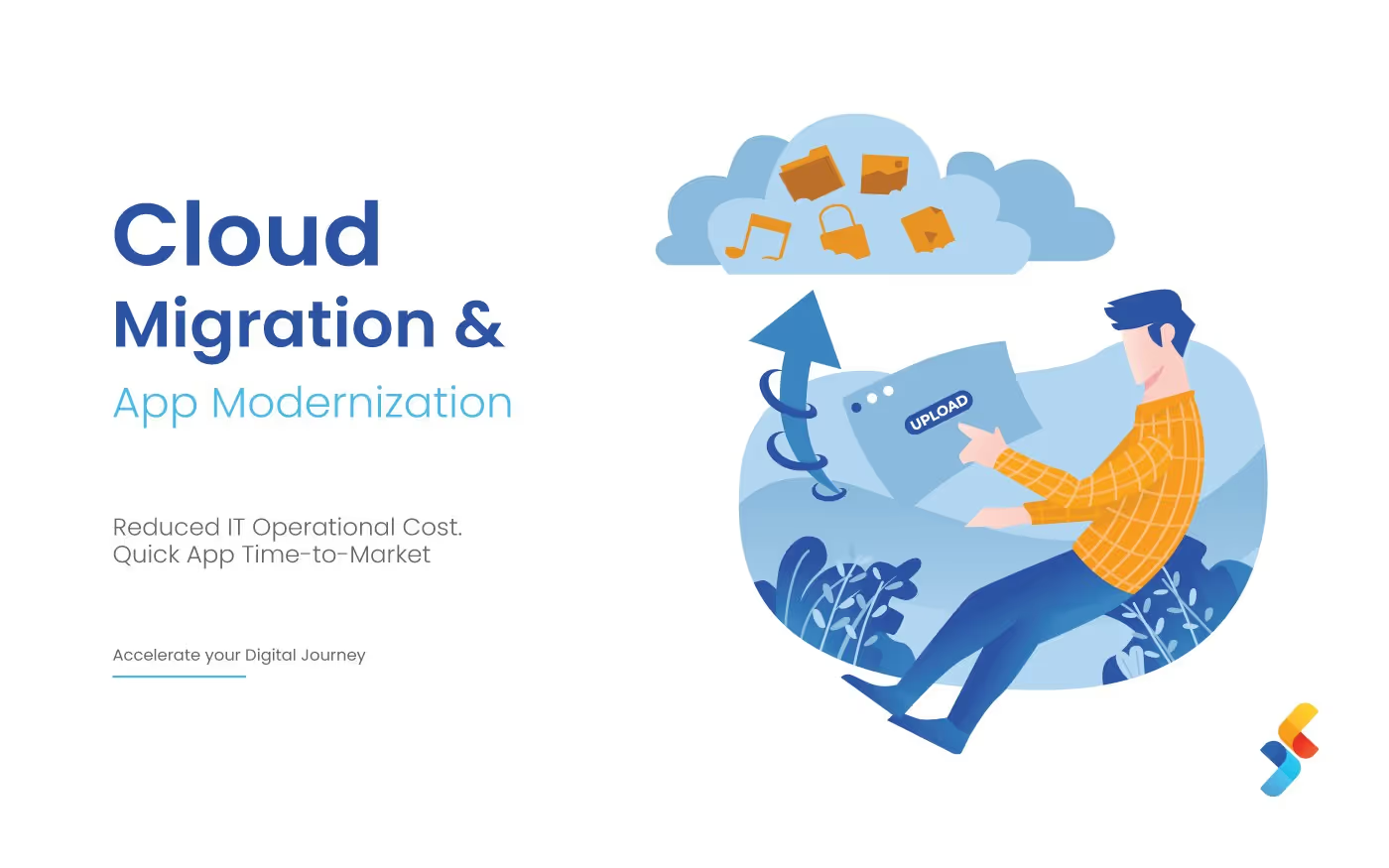
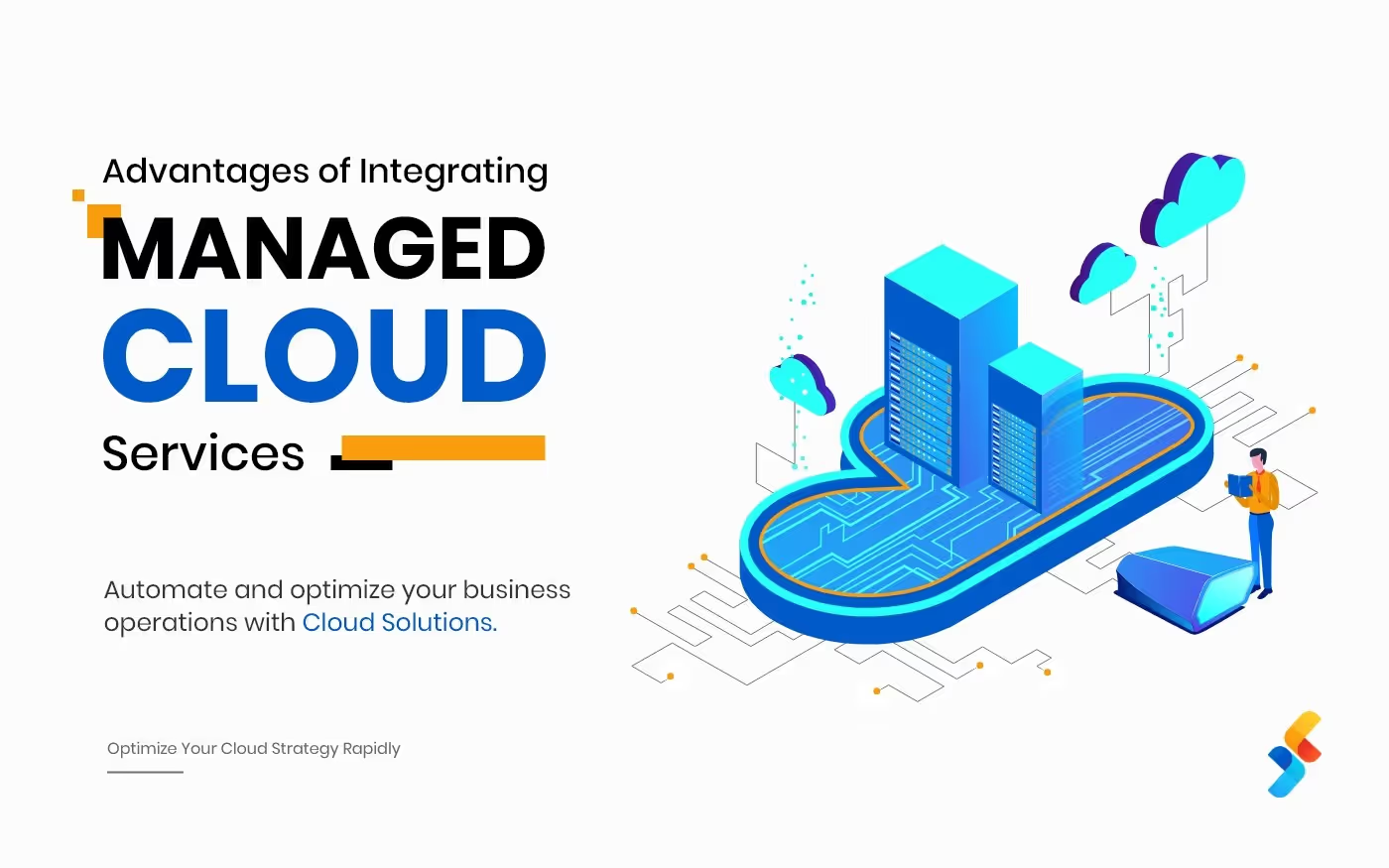
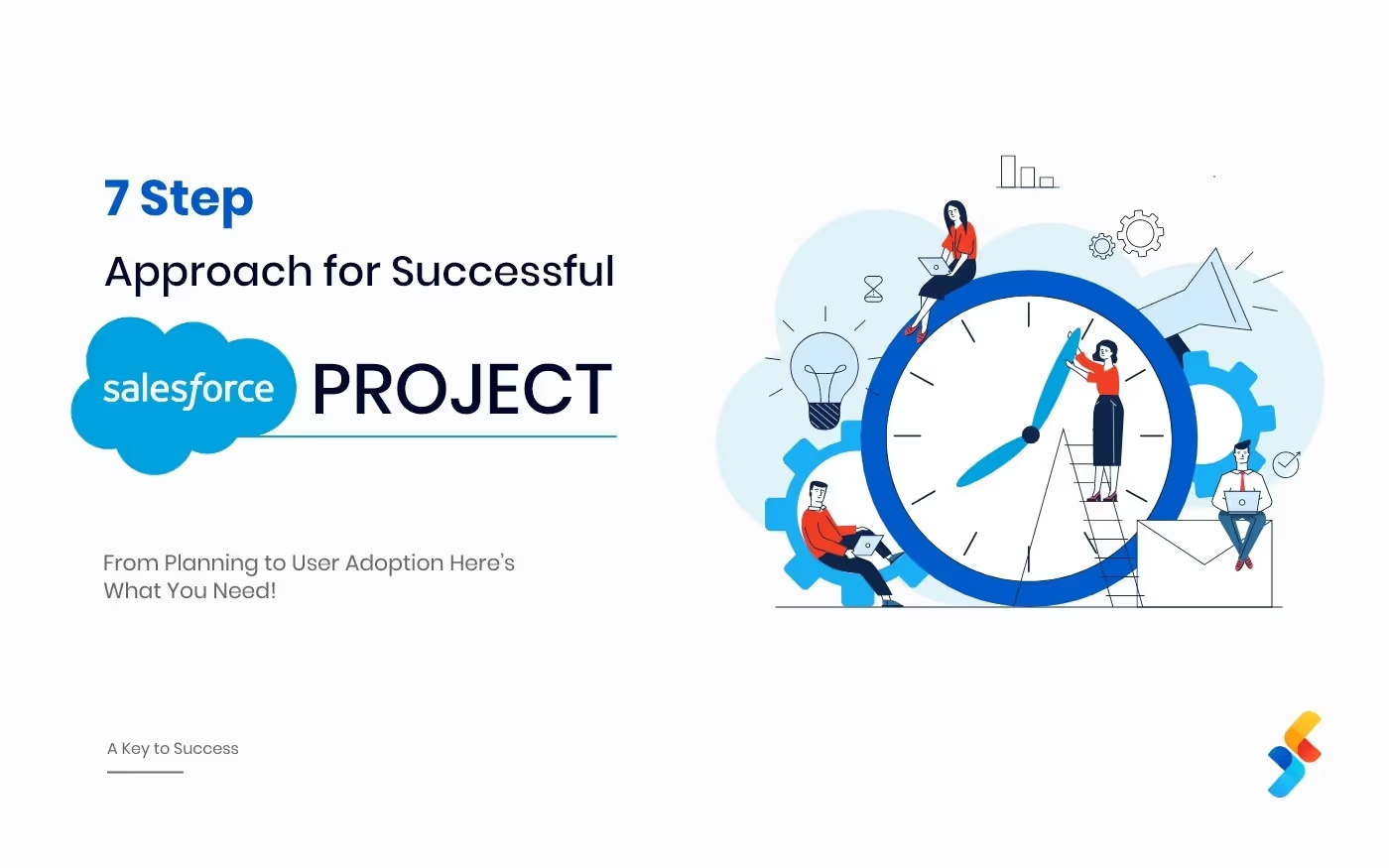




.jpg)









